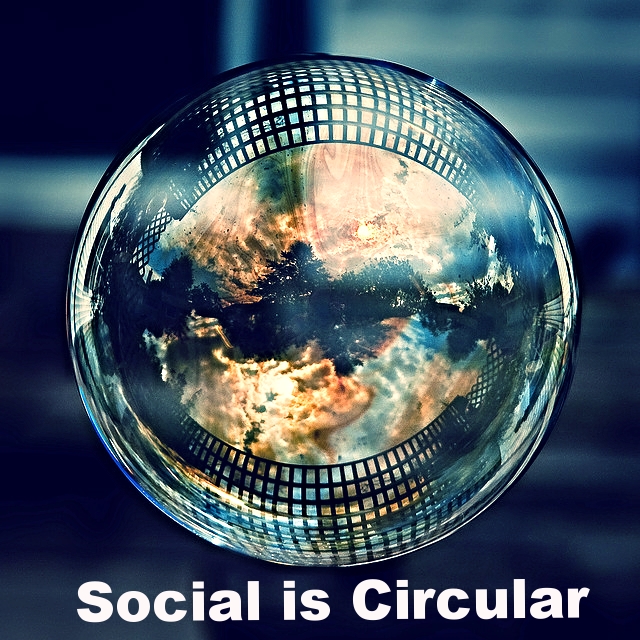Let's take a look at history.
The history of the Internet.
And the history of the gathering of people.
Don't worry. I'll keep it short.
Before the internet people used to meet in person. And they did it in proximity to one another. Or they went to great lengths to meet in person with other people from far away lands using planes, trains, and automobiles. This was reserved for the most important stuff like family, business, or special events.
Then the internet came along. People talked to each other online. They met online. This allowed them to "meet" people without restrictions like proximity or travel.
And they did it with people of similar interest. They used tools like Meetup and Ning. They used email. They used MySpace and later Facebook.
They built tribes. Tribes around interests, hobbies, and learning.
Tribes had leaders who were passionate about their topic as much as they were passionate about the people in their tribes.
But something's happened. There's been a change.
In Houston we're seeing some really interesting things come out of face to face meetings and networking events. It's around startups or businesses. There are tons of meetings happening weekly.
When was the last time you logged onto Meetup? It's amazing.
Your business is likely seeing a paradigm shift that has it's roots in this full circle movement.
I believe it's because we all want to feel even more connected. Which is kinda crazy if you think about it. I mean, I have access to hundreds of thousands of people simply by logging onto Twitter. Yet I too crave the in person meetings.
I want to know that there's a real person behind the brand. And I'm not alone. It's highly likely you do as well.
Your customers want that. They want to know that you're not talking to the masses. You're talking to them. Individually.
They want to shop local. Artisan bakeries, hand-crafted goods, tailored services. All of these things are coming back, especially in urban areas, because people want authenticity.
It's full circle. We were excited about the anonymity of the web. Then the reach. But it's too impresonal. And people are feeling that.
They want to have real experiences.
Your brand can give it to them.
Utilize local SEO to enhance your local tribe. Utilize social media to talk to the most passionate people in your niche.
Use a voice that encompasses emotionally-intelligent content to teach and entertain them.
When you can do those things you've helped ensure that you have just as strong a local tribe as a global tribe. And with that, you can move the world.





